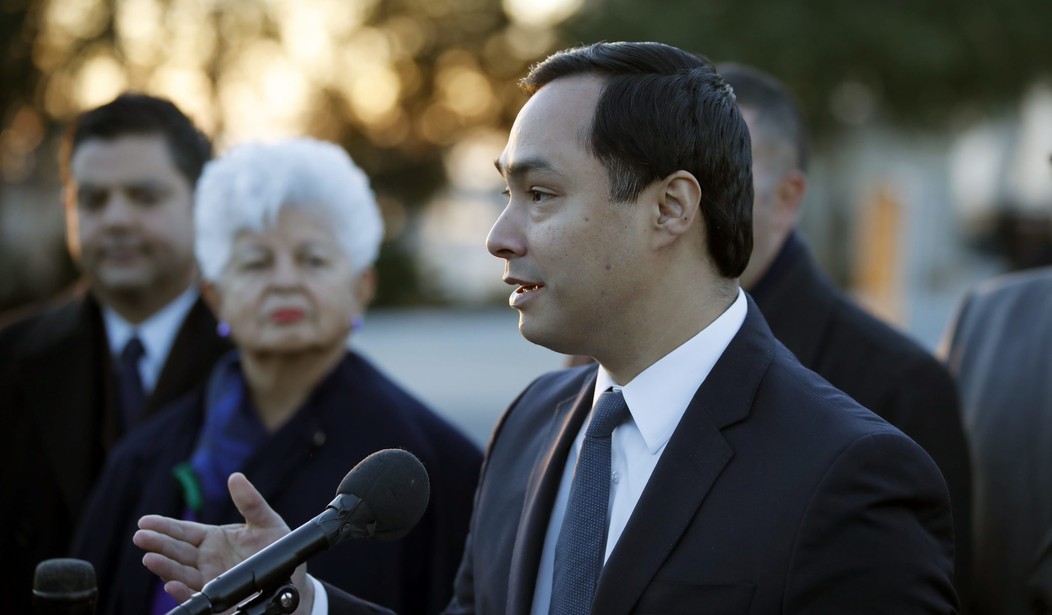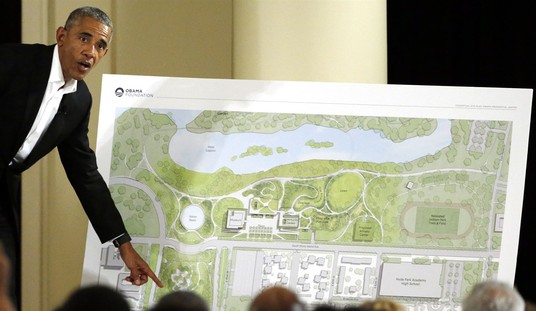WASHINGTON – Rep. Joaquin Castro (D-Texas) said politicians should “no longer be allowed” to draw maps of congressional districts.
“The Texas case of gerrymandering is a perfect example of why politicians should no longer be allowed to draw political maps. The majority in the legislature and the courts have failed the people of Texas,” Castro said recently, referring to the Texas redistricting case Perez v. Abbott about whether the state’s congressional district maps had discriminated against Texas minority voters.
Castro’s comments were made on a conference call with the Mexican American Legislative Caucus (MALC) about the congressional maps adopted by his state’s legislature in 2011.
“We are asking and hoping that the Supreme Court will now move swiftly to correct this injustice for the voters of Texas and, in the long term, I hope that the court will either strike down gerrymandering and move to a system of bipartisan or independent commissions where citizens and not politicians can draw maps,” said Castro, a member of the House Foreign Affairs Committee. “We are hoping that that will happen by the Supreme Court or in the states where it’s possible by initiative or by the legislature.”
The NAACP issued a statement about the Perez v. Abbott case, which is currently being considered by the Supreme Court.
“The intention to discriminate against voters of color is clear,” said NAACP President and CEO Derrick Johnson. “This case also highlights the need to reinstate Section 5 of the Voting Rights Act as a buffer against voter suppression and racial gerrymandering, which function as viruses to healthy democracies.”
Jose Garza, counsel for MALC, was asked if he thinks there would be time to “remedy” the Texas maps before the 2018 midterm elections if the Supreme Court rules against the state.
“It’s still up in the air; it’s not a closed question,” Garza said on the conference call. “It’s fair to say the question of whether or not a remedy can be placed on the ground for the 2018 elections becomes much more difficult and less likely as time goes by, but we’re not closing the door to that yet. But it is closing and it’s closing pretty fast.”
Rafael Anchia, state representative and MALC chairman, noted that a total of 11 congressional districts are “in question” in the Perez v. Abbott case. He said it’s possible that the court could rule that the primaries for the affected districts have to be repeated, but “time is of the essence.”
“That is a possible outcome,” he said.
Nina Perales, vice president of litigation at the Mexican American Legal Defense and Educational Fund, explained that there are other pending court cases involving partisan gerrymanding that differ from Perez v. Abbott.
“Those are not before the court in this case. This is a straightforward case of a racial discrimination in the drawing of lines,” she said. “Redistricting litigation, particularly in Texas, redistricting litigation around discrimination on the basis of race has been something that we have been living with for a long time.”
If the Supreme Court rules in favor of the state, Garza said it should outline how a plaintiff is supposed to “prove the intent of the legislature in a redistricting context.”
“It should look at what the district court did. It followed the law,” he said. “It followed the evidence and it should affirm in the sense that if we are unsuccessful in convincing the Supreme Court that those things have occurred, then at that point we would like the court to tell us more clearly then what it is we were supposed to do beyond what we’ve already done.”









Join the conversation as a VIP Member